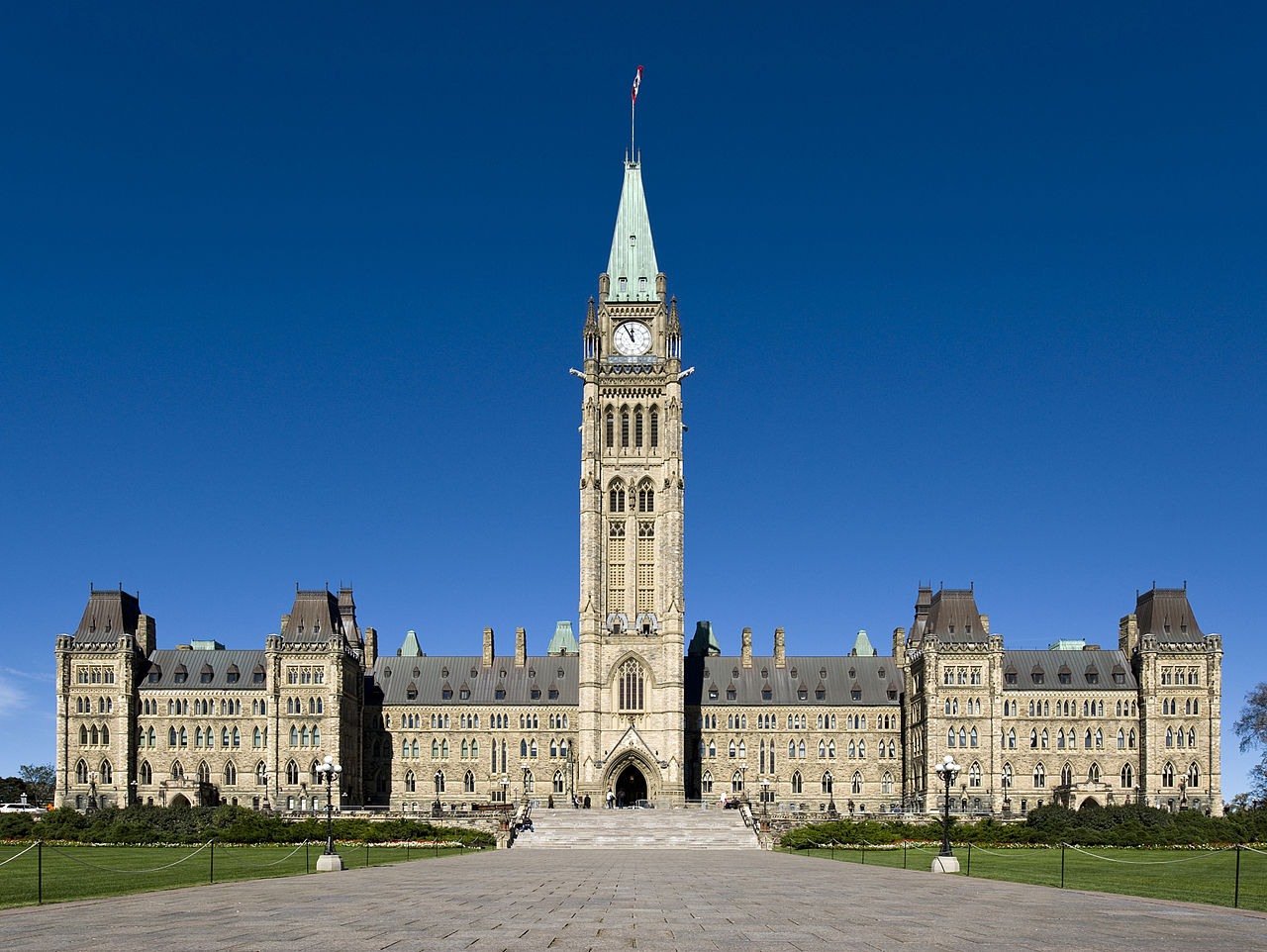Originally posted by Ben Kenobi
Ok, then I'm an Albertan today. Cool.
Cool.
The apple don't fall far from the tree. Your father was a carpetbagger and you've chosen the same path.
Ok, then I'm an Albertan today.
 Cool.
Cool. The apple don't fall far from the tree. Your father was a carpetbagger and you've chosen the same path.
Hmm interesting. The shortest route south crosses the Saskatchewan border before it goes to the US. Can you say tolls? I thought so. 
To ship westward would have to go through us, so can you say tolls again? Yes, I thought so. Why shouldn't we be able to milk the profits out of Alberta

To ship westward would have to go through us, so can you say tolls again? Yes, I thought so. Why shouldn't we be able to milk the profits out of Alberta
So which port am I talking about here Asher? There's only really one.
Without tolls, yes it would be unusable by Alberta, and believe me we would charge tolls. I was curious if you knew which port I was talking about. Obviously you don't because you haven't mentioned it.
So what port is this Asher? How can you possibly know the value of the ports when you don't even know where they are or what they are called?
Look up Alberta's oil export stats, Ben. VERY small amounts of it are exported to BC. That's why there's only a small pipeline. The bigass pipelines flow south.
I'm also aware of Saskatchewan's population problems.
Per capita? That means that our total economy is much, much larger then Saskatchewans. Union between BC and Alberta would be between two economies of roughly equal size.
BC GDP: $179.701 billion
Factor in Alberta's China-like GDP growth of 5-6%/year, and to say these are economies of the same size is ridiculous.







Comment